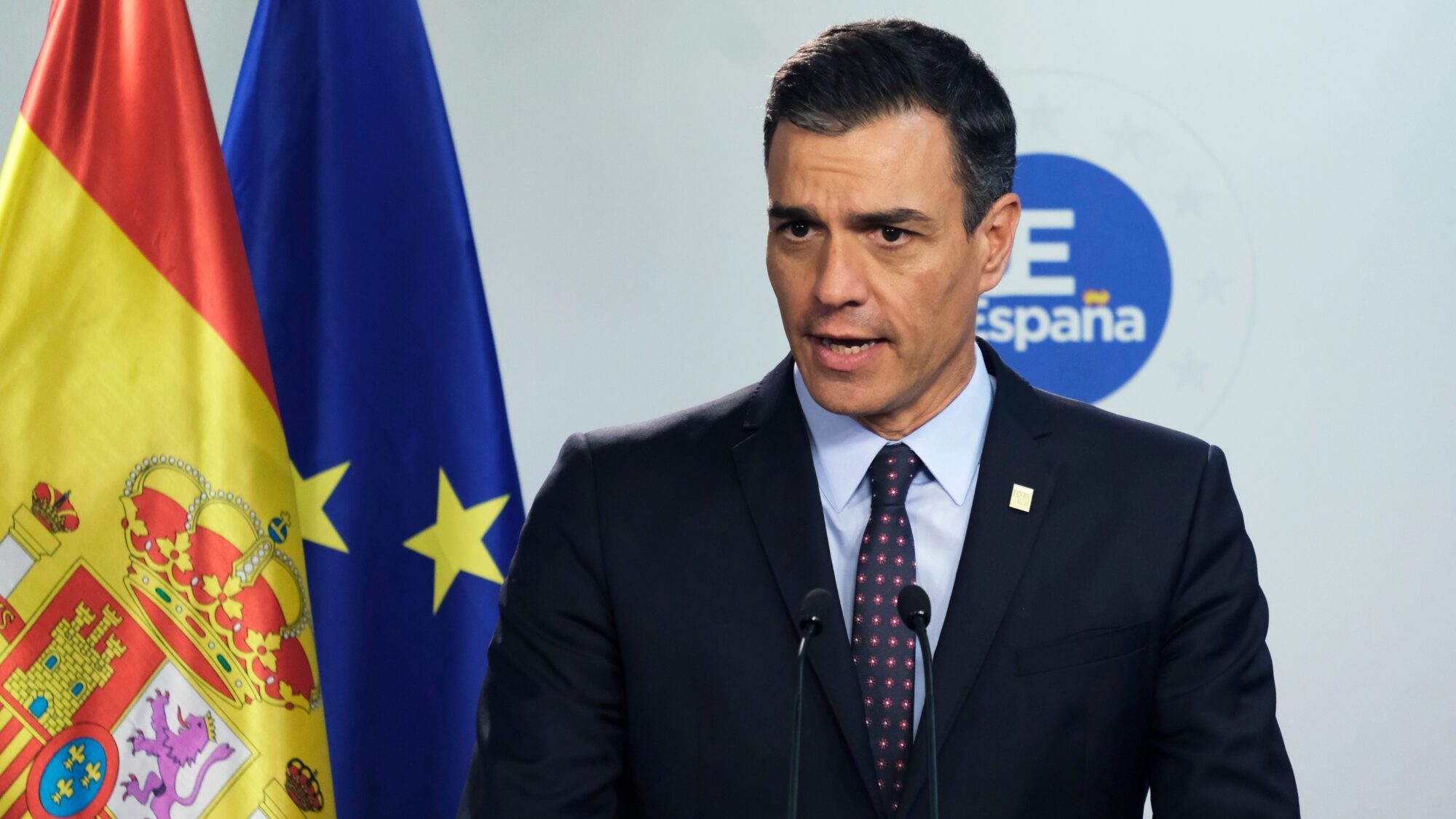
Spanish President Pedro Sánchez.
Photo: Alexandros Michailidis / Shutterstock.com
Just days after calling snap elections, but with the official campaign still weeks away, Spanish President Pedro Sánchez is hiring 101 journalists for his lame-duck government ministries. His strategy is to lay the ground work for a communication-propaganda campaign aimed at employing every means possible of remaining in the Moncloa, the presidential residence.
The executive has posted 101 positions for journalists to be distributed among ten ministries, open to applicants until June 28th.
At the moment, Sánchez, head of the socialist party, is predicted to lose the upcoming elections, an outcome being foretold both by the latest polls and the results of recent regional and municipal elections, which have consistently seen his party lose not only votes but even long-held regional parliaments and town halls.
However, the victories of the political Right have often been by slim margins, giving Sánchez, known for being a political survivor, the hope that with a hard-fought campaign, he can hold on to the presidency. In the case of repeat elections, as happened in the 2018-19 elections that brought him to power, he will have a communications team ready for a last-ditch effort to hold onto that power.
The bulk of the recently convened journalist posts, a total of 50, are for the Ministry of Territorial Policy, which is responsible for the government delegations that represent the interests of the central government in all the Spanish provinces. The Ministry of Culture and Sport is hiring 27 journalists, perhaps to serve as a special operations team for the culture war.
The finance ministry will get five journalists, and four each will go to the ministries of Equality, Universities, and Health.
The Ministry of Equality has been in the eye of the storm for most of the second half of Sánchez’s presidency for promoting controversial new laws, such as a quickly reversed anti-rape law that resulted in sentence reductions for convicted rapists, and the gender theory law that allows for self-selection of sex in the civil registry.
The most likely winner of the elections, according to current polling, is Alberto Núñez Feijóo, president of the center-right Partido Popular (PP). Feijóo announced on June 6th that if he became president, he would eliminate the feminist ministry.
The defense ministry, the Ministry of Social Security and Migration, and the Ministry of Work are each offering two positions for journalists.
Finally, the agriculture ministry is looking for one journalist.
Now in unofficial campaign mode, Sánchez and his satellites have heightened the pitch of an already long-used theme: denigrating and delegitimizing the PP as ‘far-right,’ a name-calling tactic first employed against the smaller conservative party VOX, which has agreed to work with the PP in several regions in order to govern.
